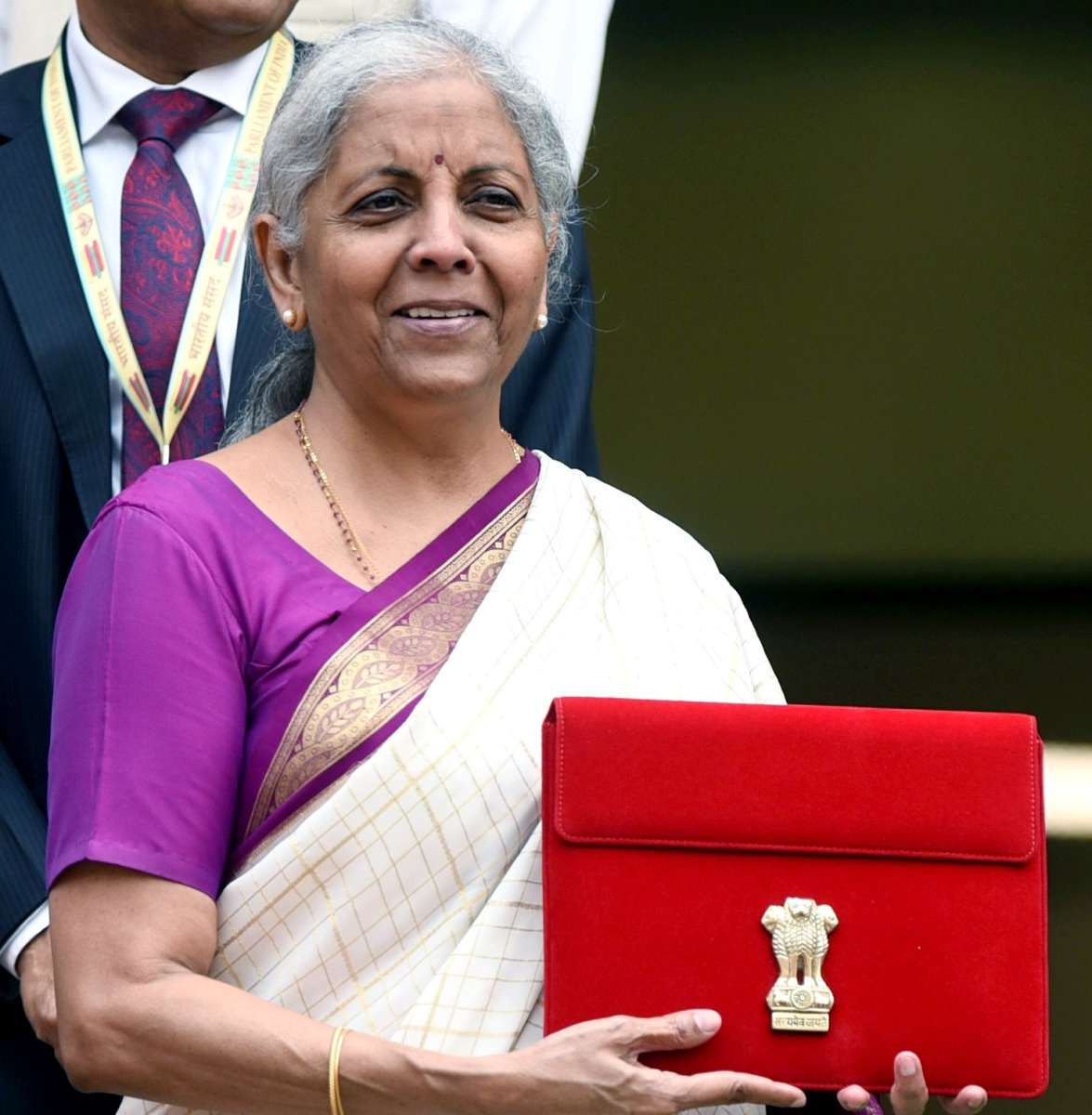NRI businessmen in the Gulf region lauded the Modi 3.0 government’s first budget, with provisions for employment, skilling, consumption boosts, and support for rural and MSME sectors…reports Asian Lite News
Provisions for employment, skilling, consumption boosts, and support for rural and MSME sectors in the Modi 3.0 government’s first budget have energised NRI businessmen in the Gulf region. Presented by Finance Minister Nirmala Sitharaman, the budget includes ₹2 lakh crore over five years for job creation and skill development for 4.1 crore youth, with internships and incentives for first-time employees and women.
Dr. Sunil Manjarekar, president of GMBF Global Dubai, highlighted these measures as pivotal for job creation, consumption boosts, rural and MSME support, and maintaining fiscal discipline while promoting digital and infrastructural growth, news agency PTI reported.
Established over a decade ago, GMBF supports business, professional growth, and trade development in the Middle East, Africa, and Maharashtra.
Manjarekar praised the budget’s increased credit guarantees, technology support, and raised Mudra loan limits for MSMEs from ₹10 lakh to ₹20 lakh. The budget also allocates ₹2.66 lakh crore for rural development, including natural farming for 1 crore farmers over two years.
Shakir Kantawala, co-founder of WingsWay Training Institute, commended the government’s investment in education and skills development, seeing financial support for loans as crucial for the workforce and young career seekers. WingsWay offers a broad range of skills training.
Gaurav Malhotra, MD of Hansgrohe India, welcomed the focus on manufacturing capacity and policies for efficient rental housing markets, PTI reported.
He noted these measures provide a positive framework for company growth, though he was disappointed by increased capital market taxes. Hansgrohe India has operated in Abu Dhabi since 2016.
Chandrashekhar Bhatia, Chairman of GBF Middle East, praised the financial support for loans up to ₹10 lakh for higher education in domestic institutions. He also suggested raising the 30% income tax threshold to ₹20 lakh to increase disposable income for the middle class and welcomed the reduction in gold duty from 15% to 6%, benefiting NRI families, PTI reported.
Kamal Vachani, Group Director & Partner at Al Maya Group, praised the budget’s emphasis on domestic manufacturing and strategic tax incentives. He viewed the increase in loan support for higher education as a visionary move to develop a skilled workforce essential for innovation in the electronics sector, it was reported.
Meanwhile, leading industry chambers in India lauded the Union Budget 2024-2025, saying it is a people-centric budget which balances equitable growth with fiscal sustainability.
Sanjay Nayar, President of Assocham, said with no easy giveaways, the budget focuses on a longer, more sustainable path of job creation through manufacturing in the country and a strengthened role of the MSMEs.
“Skilling the youth, formalising job creation, continued infrastructure spending, and urban development, along with the climate of enhanced local capex spending will encourage the private sector to join in, given under levered balance sheets. This is a longer, more sure way to enhance employment and sustainable consumption,” he contended.
According to Sanjiv Puri, CII President, the maiden budget of the new government has unravelled a comprehensive roadmap for sustainable and equitable growth while retaining the focus on the creation of jobs.

Tax on foreign firms reduced
India has cut taxes on foreign companies to attract more investments from abroad.
“The rules and regulations for both Foreign Direct Investment (FDI) in India and overseas investment by Indians will be simplified to facilitate foreign investments, nudge prioritisation, and promote opportunities for using the Indian Rupee as a currency for overseas investments,” India’s Finance Minister, Nirmala Sitharaman said in Parliament on Tuesday.
Presenting the government’s annual budget, Sitharaman announced a five-percent cut in corporate tax for foreign companies. The new rate will be 35 percent, with the aim of incentivising foreign entities with investments in India.
“We are trying to bring in ease of doing business in India,” she assured potential investors abroad. “In every sector where there was only 26 percent foreign direct investment allowed, we raised it to 49 percent and then wherever possible, we have raised it to 74 percent.”
She said there has been a consistent and continuing effort to relax the government’s policies to attract FDI. “In that process, we are willing to do further simplification,” she said.
Referring to the decentralisation of investment norms, Sitharaman said states will be incentivised to implement their business reforms and action plans to make federal investments more attractive.













